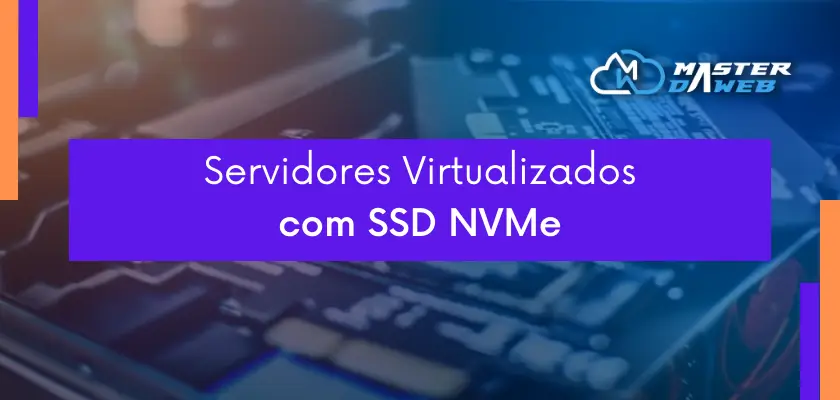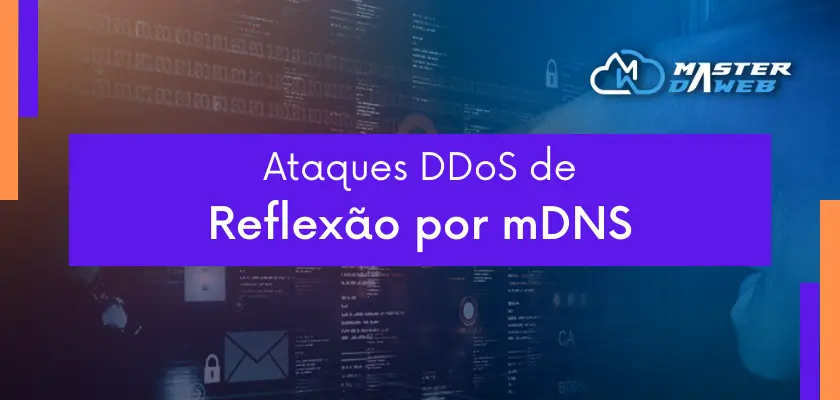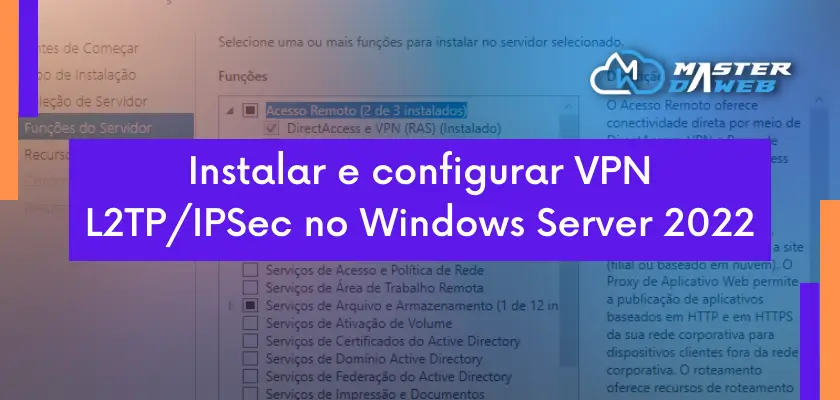A virtual private cloud (VPC) is a private cloud located within a public cloud, which makes it possible to enjoy the benefits of a virtualized network through public network resources.
VPC customers can run code, store data, host websites and do anything else they could do in an ordinary private cloud, but the private cloud is hosted remotely by a public cloud provider. VPCs combine the scalability and convenience of public cloud computing with the data isolation of private cloud computing.
Hosted Virtualization isolates your data from other companies’ data, both in transit and on the cloud provider’s network, helping to create a more secure environment. VPC connects to remote networks via a virtual private network (VPN) connection. VPC is ideal for those seeking a high level of security, privacy and control. For companies, VPC is also ideal for running business-critical applications.
Why use a virtual private cloud?
More security
VPC allows you to protect your virtual network environment, including your IP address, subnets and network gateways. For example, you can securely isolate a database in a private access subnet that is not connected to the Internet.
Better performance
You can prioritize the network traffic of specific applications to optimize their performance, helping to eliminate congestion and potential bottlenecks.
Data control
Your VPC is isolated from other clouds in the cloud layer, so you can control your data and prevent it from mixing with data from other entities, a risk that is possible in public clouds.
Flexibility on demand
You can design the cloud architecture that best suits your company’s needs. For example, you can configure your VPC so that outsourced employees use direct individual connections that are not routed through your internal network.
Master da Web, your cloud solution!☁️












